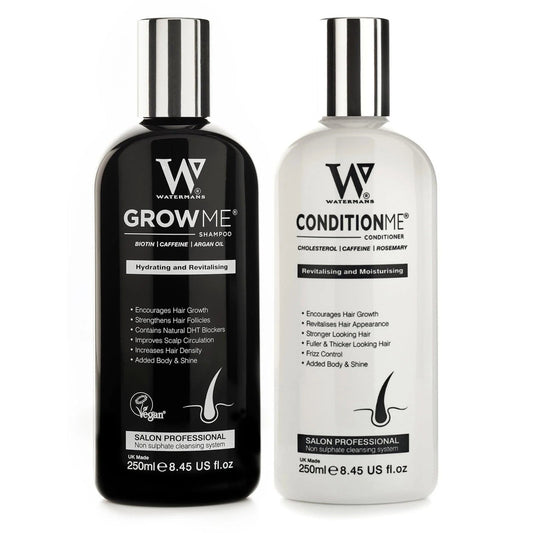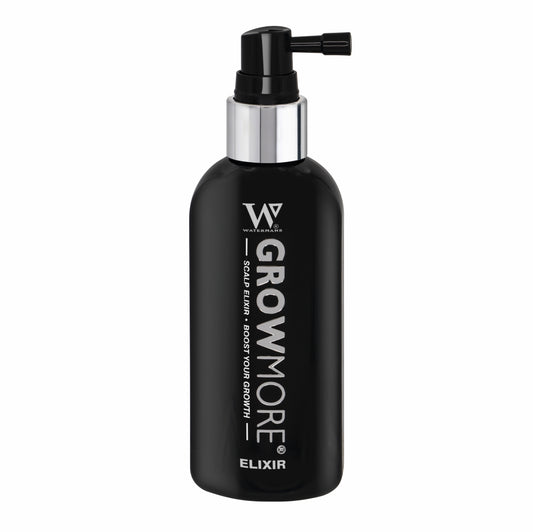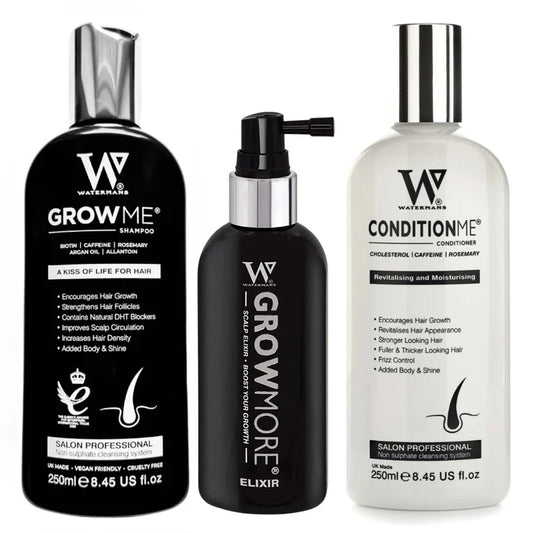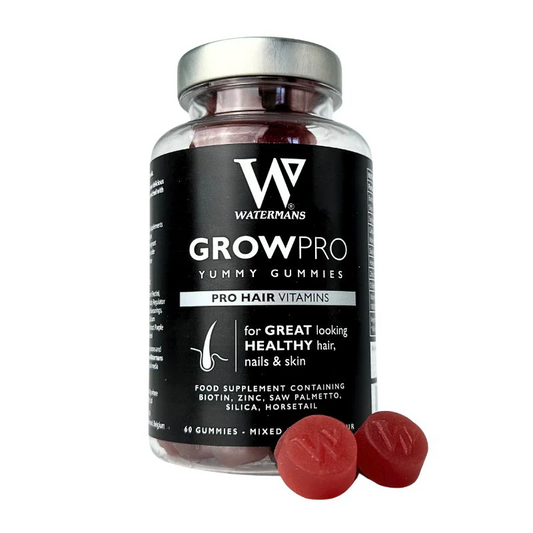Understanding Liver Disease: Causes, Symptoms, and Cutting-Edge Treatments for a Healthier Future
Share

Liver Disease: Understanding Causes, Symptoms & Cutting-Edge Treatments for a Healthier Future
Liver disease is a serious health condition affecting millions worldwide, often going unnoticed until it reaches advanced stages. This vital organ carries out over 500 essential functions, including detoxifying harmful substances, producing bile for digestion, and storing energy. In this comprehensive guide, we’ll explore liver disease from the basic science to symptoms and breakthrough treatments that promise improved outcomes for patients.
What is Liver Disease?
Liver disease refers to any condition that damages the liver and impairs its ability to perform its crucial functions. This damage can be short-term (acute) or long-lasting (chronic), eventually leading to scarring (cirrhosis), liver failure, or liver cancer if left untreated.
The liver is unique due to its ability to regenerate, but persistent injury from viruses, toxins, metabolic issues, or autoimmune responses can overwhelm this regenerative capacity.
Causes of Liver Disease
Understanding what triggers liver damage helps in prevention and targeted treatments. The major causes include:
1. Viral Hepatitis
Hepatitis B and C viruses infect liver cells causing inflammation and damage over time. Both are bloodborne but differ in transmission routes and chronicity risks.
2. Alcohol-Related Liver Disease (ARLD)
Excessive alcohol consumption is a leading cause. Alcohol is metabolized into toxic substances that cause inflammation, fatty liver buildup, and progressive scarring.
3. Non-Alcoholic Fatty Liver Disease (NAFLD)
Primarily linked to obesity, diabetes, and metabolic syndrome, NAFLD involves fat accumulation in liver cells without alcohol use. Its aggressive form, non-alcoholic steatohepatitis (NASH), causes inflammation and fibrosis.
4. Autoimmune Liver Diseases
Conditions like autoimmune hepatitis where the immune system mistakenly attacks healthy liver tissue, causing chronic inflammation.
5. Genetic Liver Diseases
Inherited disorders such as hemochromatosis (iron overload) and Wilson's disease (copper accumulation) cause toxic illness in the liver.
6. Drug-Induced Liver Injury
Certain medications or toxins can damage liver cells. Examples include acetaminophen overdose and some antibiotics or herbal supplements.
Symptoms to Watch For
Early liver disease often shows no symptoms, so regular check-ups are vital. When symptoms appear, they might include:
- Fatigue and weakness
- Nausea or vomiting
- Loss of appetite and weight loss
- Jaundice (yellowing of skin and eyes)
- Abdominal pain or swelling
- Dark urine and pale stools
- Easy bruising or bleeding
If you notice any of these signs persistently, consult your healthcare provider for evaluation.
How is Liver Disease Diagnosed?
Doctors use multiple methods to diagnose liver disease, including:
- Blood Tests: Liver function tests (LFTs) measure enzymes, bilirubin, and proteins to detect liver damage. Viral markers help identify hepatitis infections.
- Imaging: Ultrasound, CT scans, and MRI assess liver size, fat content, fibrosis, and tumors.
- Liver Biopsy: A small tissue sample taken to determine inflammation degree, fibrosis, or cancer.
- FibroScan: A painless, specialized ultrasound that measures liver stiffness indicating fibrosis severity.
Treatment Options & Advances in Care
Treatment depends on the cause and stage of liver disease. Some general approaches include:
Lifestyle Changes
- Avoid alcohol completely, especially for ARLD
- Maintain a healthy weight and balanced diet for NAFLD
- Exercise regularly
- Manage diabetes and cholesterol levels
Medications
- Antiviral drugs for hepatitis B and C
- Immunosuppressants for autoimmune hepatitis
- Chelation therapy for genetic disorders
Innovative Therapies
Recent breakthroughs offer hope beyond conventional treatment:
- Liver Regenerative Medicine is exploring stem cell therapy to regenerate damaged tissues.
- New Antiviral Drugs can eradicate Hepatitis C with high success rates.
- Fibrosis Inhibitors aim to reverse scarring in NASH and other causes.
- Artificial Liver Support Systems support critical patients awaiting transplant.
Liver Transplant
In end-stage liver failure, transplantation is the only curative option. Advances in surgery and immunosuppression have improved long-term outcomes.
Protecting Your Hair When Managing Liver Disease
Liver disease often affects hair health. Poor liver function can impact nutrient absorption leading to hair thinning or loss. Maintaining healthy hair alongside liver health involves:
- A nutrient-rich diet with vitamins essential for hair like Biotin and Niacinamide.
- Gentle hair care avoiding harsh chemicals.
- Managing stress, a known factor in hair loss.
- Trying natural, scalp-energizing shampoos like Watermans Grow Me Shampoo which contains Biotin, Rosemary, Caffeine, Niacinamide, Argan Oil, Allantoin, and Lupin Protein to nourish and volumize hair from the roots.
Frequently Asked Questions about Liver Disease
Q1: Can liver disease be reversed?
Some liver diseases, especially in early stages like fatty liver or mild hepatitis, can be reversed with lifestyle changes and treatment. Advanced cirrhosis is often irreversible but can be managed.
Q2: How often should I get screened for liver disease?
If you have risk factors such as alcohol use, obesity, or family history, regular annual check-ups with liver blood tests are advisable.
Q3: Is fatigue always a sign of liver problems?
Fatigue is common but nonspecific. If it's persistent and accompanied by other symptoms, it’s worth medical evaluation.
Q4: Does hepatitis C always cause symptoms?
No, hepatitis C can remain silent for years. Many find out only through screening tests.
Q5: Are natural remedies effective for liver disease?
Some supplements may support liver health but should not replace medical treatment. Always consult with a healthcare provider before trying.
Q6: Can hair loss caused by liver disease be treated?
Yes, improving liver health and using nourishing products like Watermans Grow Me Shampoo can strengthen hair and promote growth.
Q7: What foods support liver health?
Foods rich in antioxidants such as leafy greens, berries, nuts, and fatty fish support liver detoxification.
Q8: Is liver disease contagious?
Only viral hepatitis B and C are contagious. Other types like NAFLD and ARLD are not.
Q9: Can exercise help liver disease?
Yes, regular moderate exercise reduces fat in the liver and improves overall metabolic health.
Q10: What is the connection between liver disease and diabetes?
Poor liver function affects glucose metabolism contributing to insulin resistance and diabetes risk.
Did You Know?
-
Did you know 1 in 4 people globally may have some form of fatty liver disease?
The silent epidemic tied closely to obesity and diabetes. -
Did you know the liver can regenerate up to 70% of its mass?
This amazing capacity is key to recovery after injury. -
Did you know untreated hepatitis C is a leading cause of liver cancer?
Early detection and new antiviral meds can nearly eliminate this risk. -
Did you know stress can worsen liver health and hair loss?
Managing stress is vital for overall wellness. -
Did you know Watermans Grow Me Shampoo uses natural ingredients proven to energize the scalp and promote hair volume?
It’s an excellent choice for people experiencing hair thinning related to health challenges.
Learning about liver disease and taking proactive steps to monitor and protect your liver can profoundly impact your long-term health. Combining medical care with a healthy lifestyle and natural hair care products like Watermans Grow Me Shampoo can help you maintain quality of life, including strong hair and vitality. Stay informed, stay healthy!



